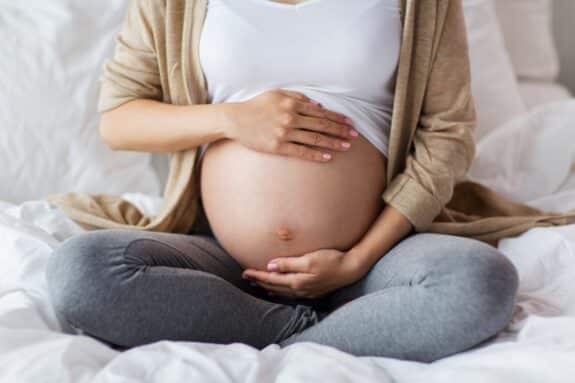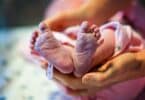More and more women are putting off childbearing so they can prioritize their careers. In America, the average age for pregnancy is at an all-time high: age 30. According to a new study, this trend is pushing the envelope as far as health, safety, and fertility.
Scientists at Semmelweis University in Hungary analyzed the data on 31,128 pregnancies that resulted in birth defects. These were then compared to the data of more than 2.8 million births that took place during the same time period (1980 to 2009).
Overall, the risk of defects increased by about a fifth for women under the age of 22. Women over the age of 32 had a 15 percent risk of birth defects.
For mothers under 20, the most concerning issues involved the defects of the brain and central nervous system. Spinal bifida and malformations of the digestive system were also more common among younger moms.
“We can only assume why non-chromosomal birth anomalies are more likely to develop in certain age groups,” Dr Boglárka Peth?, assistant professor at Semmelweis University and the first author of the study said. “For young mothers, it could be mainly lifestyle factors (e.g., smoking, drug or alcohol consumption) and that they are often not prepared for pregnancy.”
In contrast, older mothers were twice as likely to have a baby with a malformation to the eyes, face, ears, and neck. Other issues involved babies that were too small or had paralysis of the local cords. Malformations to the urinary system and female genitalia were also more common among older moms. Older moms are also at great risk for complications of their own, including gestational diabetes, miscarriage, and high blood pressure.
“Among advanced-aged mothers, the accumulation of environmental effects such as exposure to chemicals and air pollution, the deterioration of DNA repair mechanisms, and the aging of the eggs and endometrium can also play a role,” said Peth?,
“Non-genetic birth disorders can often develop from the mothers’ long-term exposure to environmental effects,” Prof. Nándor Ács, director of the Department of Obstetrics and Gynecology at Semmelweis University, said. “Since the childbearing age in the developed world has been pushed back to an extreme extent, it is more important than ever to react appropriately to this trend.”







